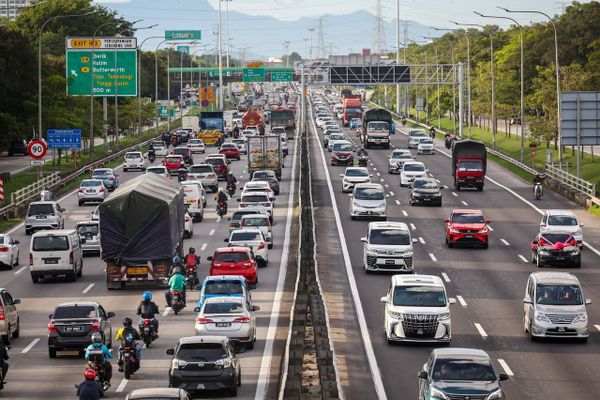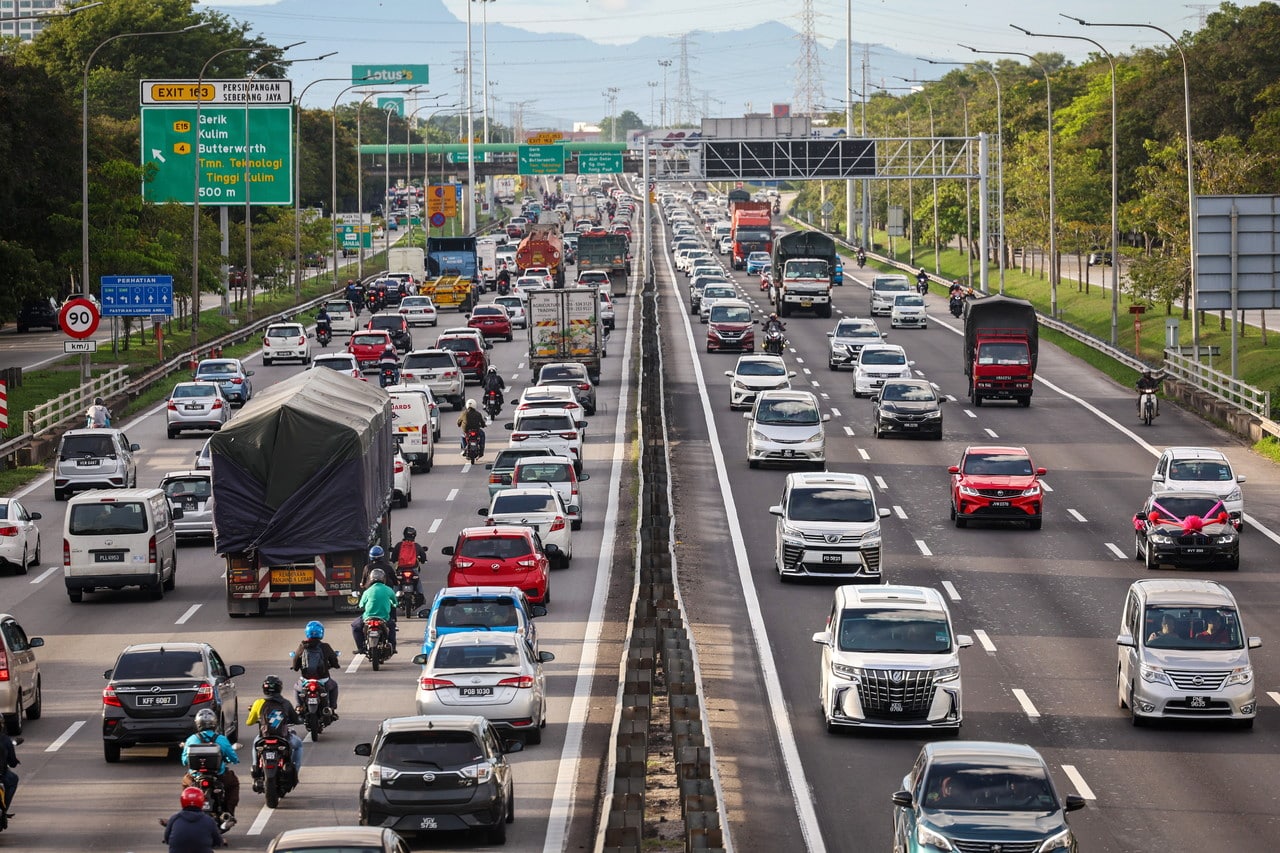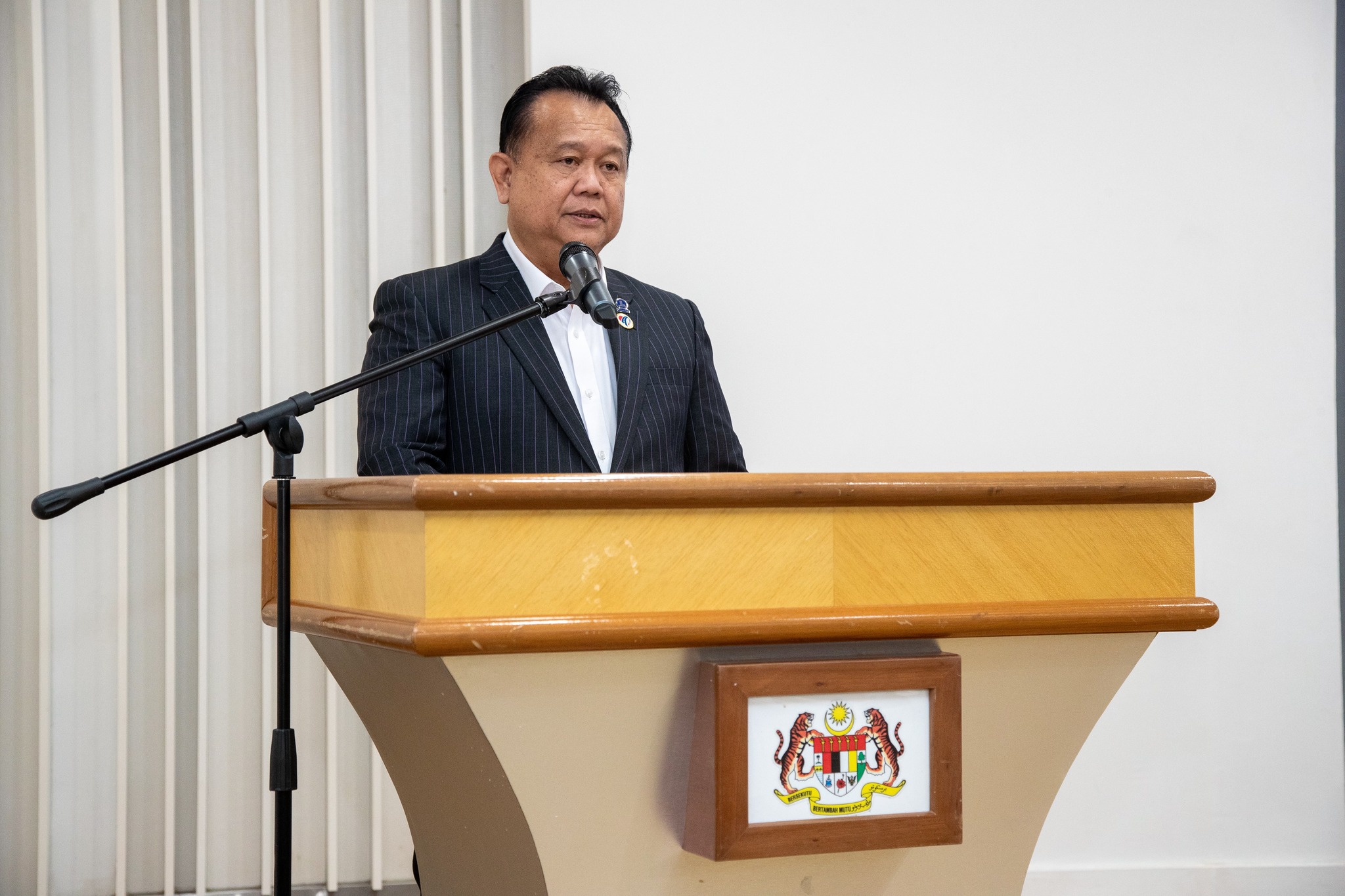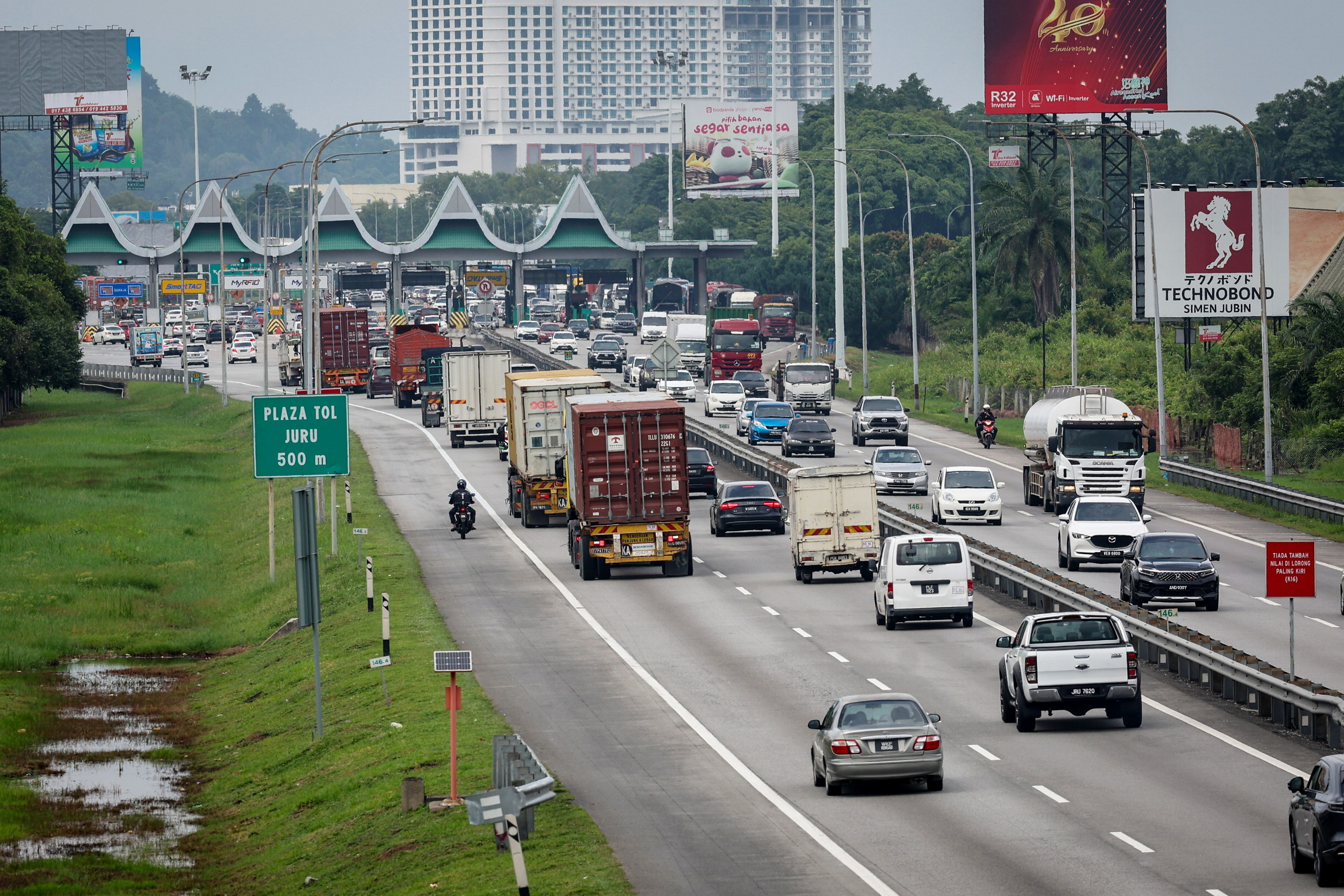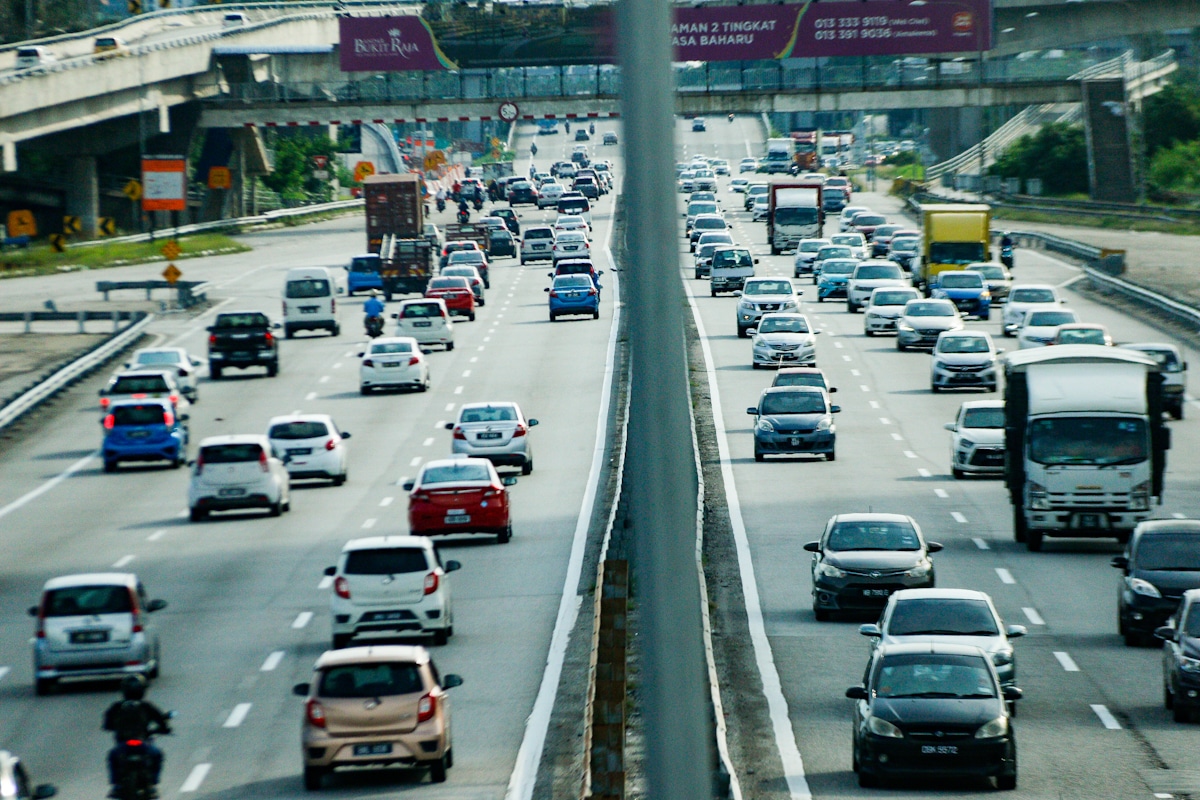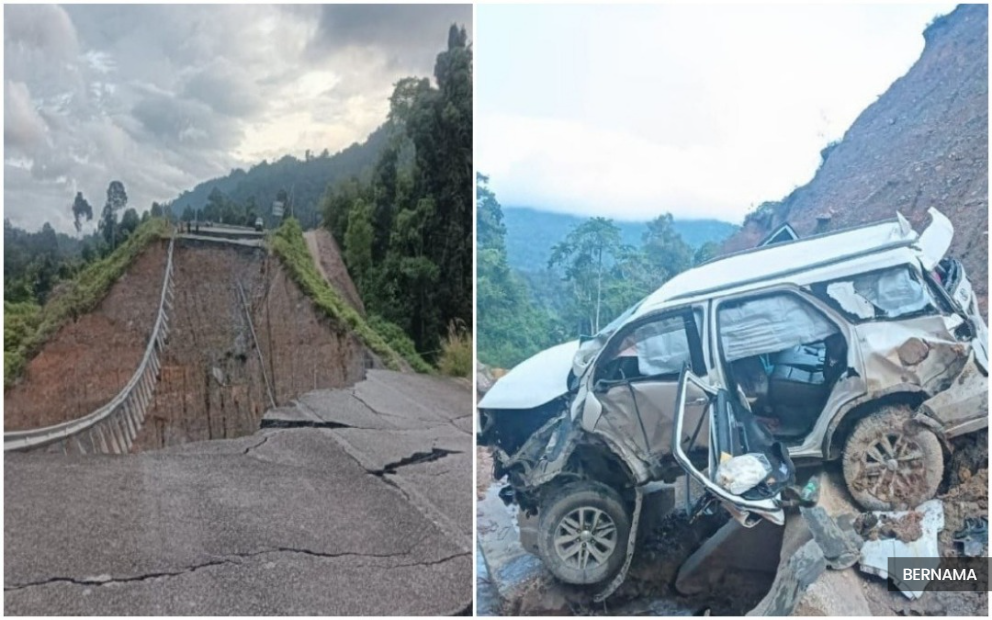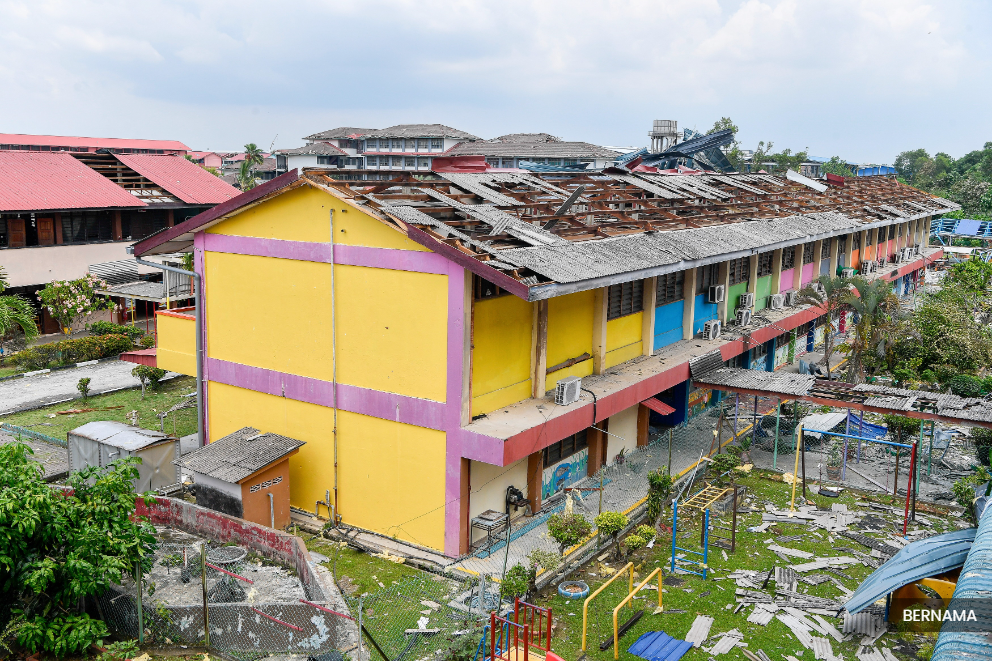KUALA LUMPUR, Nov 3 — The Works Ministry is planning to implement an external auditing system for highway concession companies early next year to ensure that road maintenance works are carried out according to the highest standards.
Its minister Datuk Seri Alexander Nanta Linggi said that under the initiative, each company responsible for road maintenance will be periodically audited by external auditors, instead of relying solely on internal audits conducted by the Public Works Department (JKR) or the concessionaires themselves.
“Early next year, many concession contracts will expire. The companies involved in road maintenance will be audited from time to time by external auditors.
"Even now, requests for new proposals (RFPs) have been made for certain areas. We are seeking external expertise to conduct these audits so that all maintenance work is completed at the highest quality," he said.
Nanta was speaking to the press after launching the Malaysia Road Maintenance Convention (MRMC) 2025 and the MY-Asean Road and Traffic Technology Expo (My-ARTTE) 2025 at the Malaysia International Trade and Exhibition Centre (Mitec) today.
Meanwhile, he said the convention aims to highlight the importance of highway and road maintenance, which should be given as much emphasis as construction itself.
“We do not want a situation where neglecting maintenance causes our roads to deteriorate quickly,” Nanta said.
MRMC and My-ARTTE 2025 serve as strategic and innovative platforms in the region for road industry players to shape the future of mobility and connectivity across Asean.
The event brings together government agencies, industry leaders, technology providers, and innovators to foster collaboration, share best practices, and explore smart technology solutions to achieve a smart and safe infrastructure vision for the region.
In his speech, the minister said that via the National Intelligent Transport Systems (ITS) Blueprint 2030, Malaysia is accelerating the integration of smart transport systems, real-time data monitoring and artificial intelligence-driven maintenance solutions into the national network.
“We are also advancing sustainable engineering using eco-friendly materials, recycled asphalt, and energy-efficient construction, ensuring our infrastructure supports both economic and environmental goals.
“This is how we future-proof Malaysia’s infrastructure; by letting technology drive intelligence, and intelligence drive progress,” Nanta said.
The ministry has outlined three strategic priorities that will shape the next decade of infrastructure policy: digital integration, sustainable engineering, and collaborative innovation.


